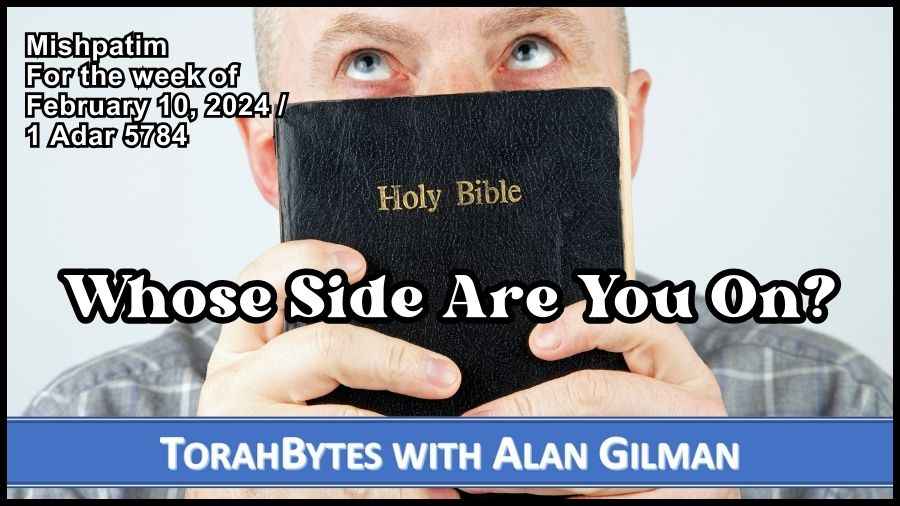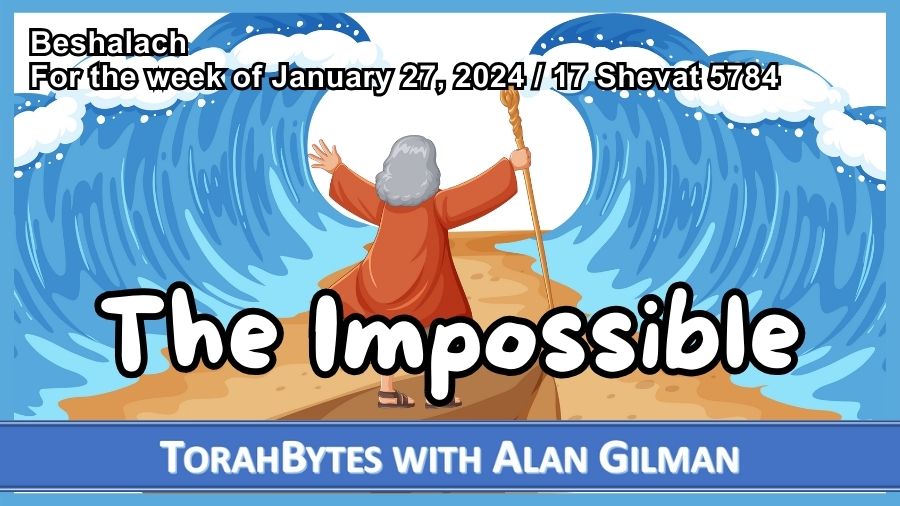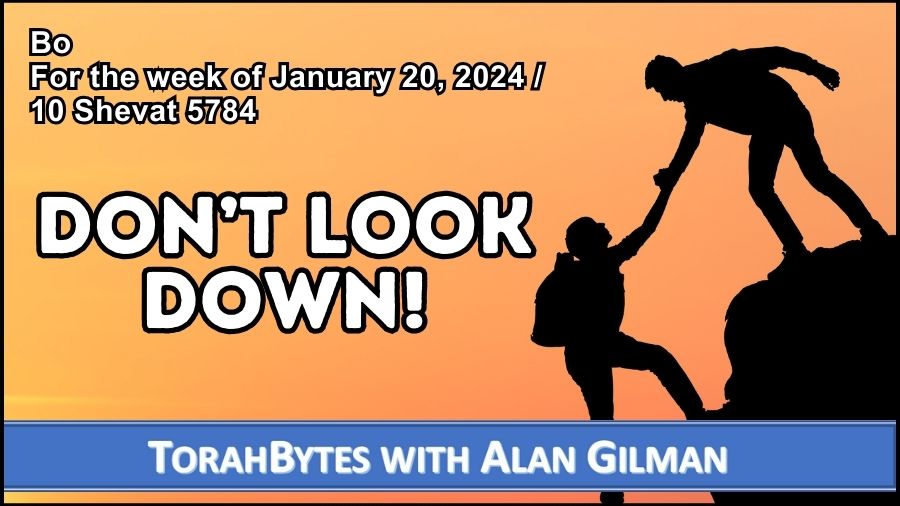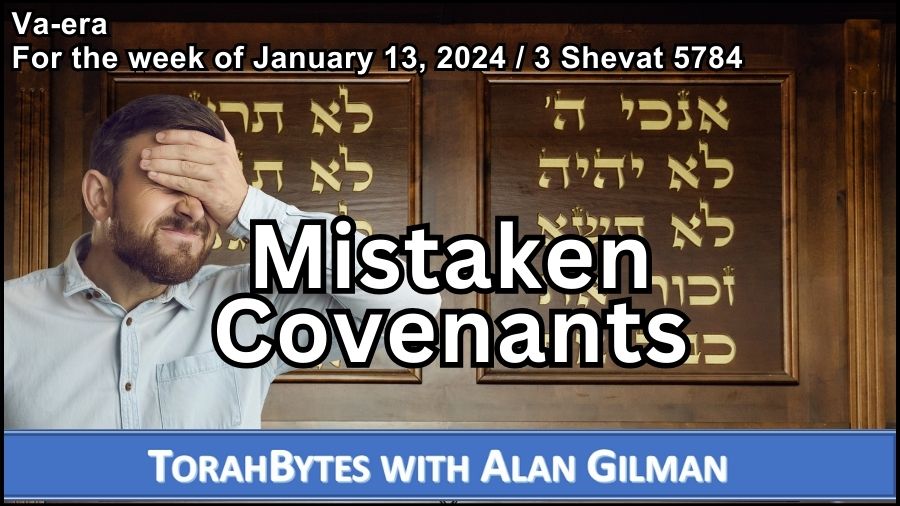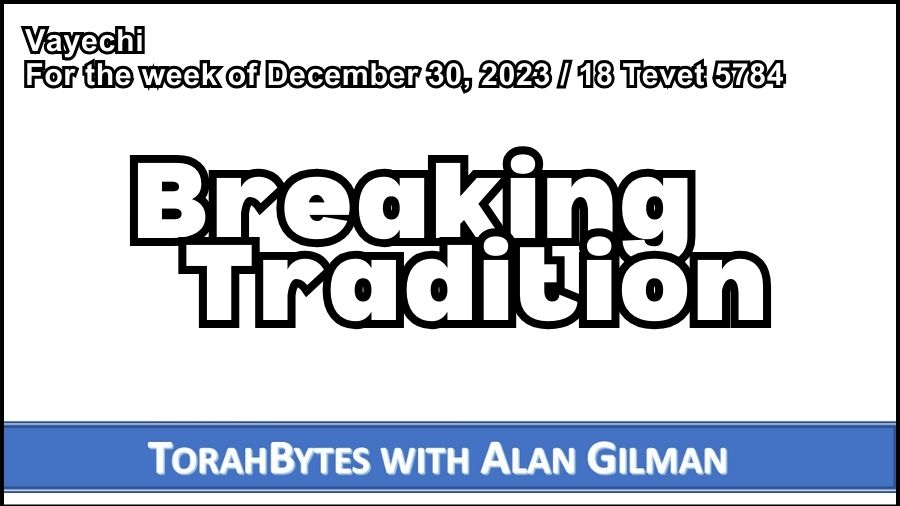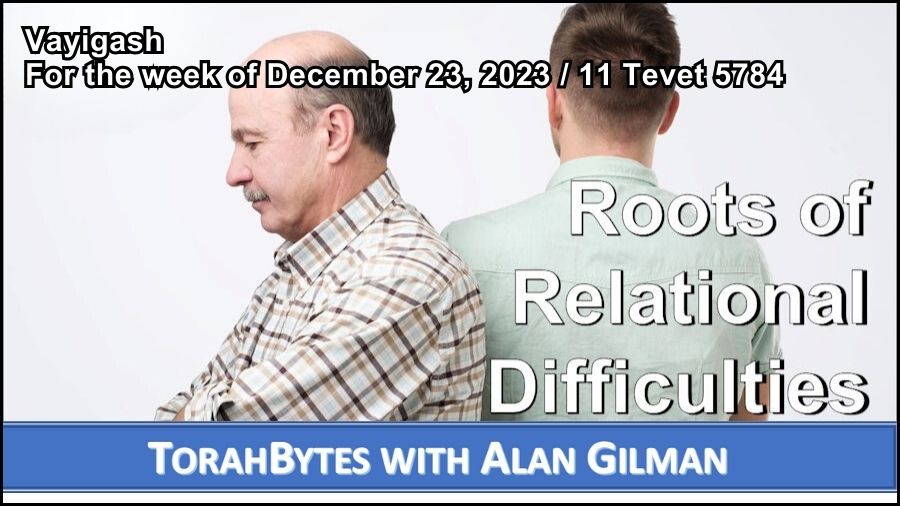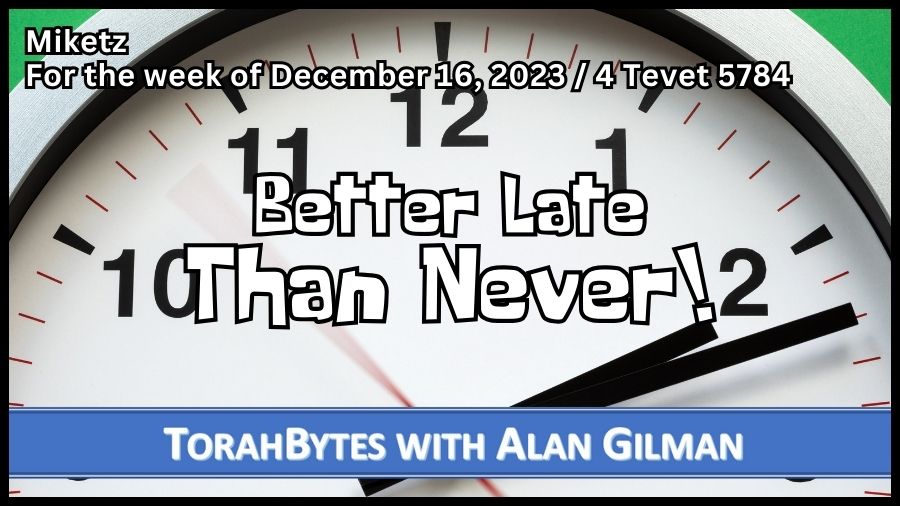For the week of February 17, 2024 / 8 Adar 5784
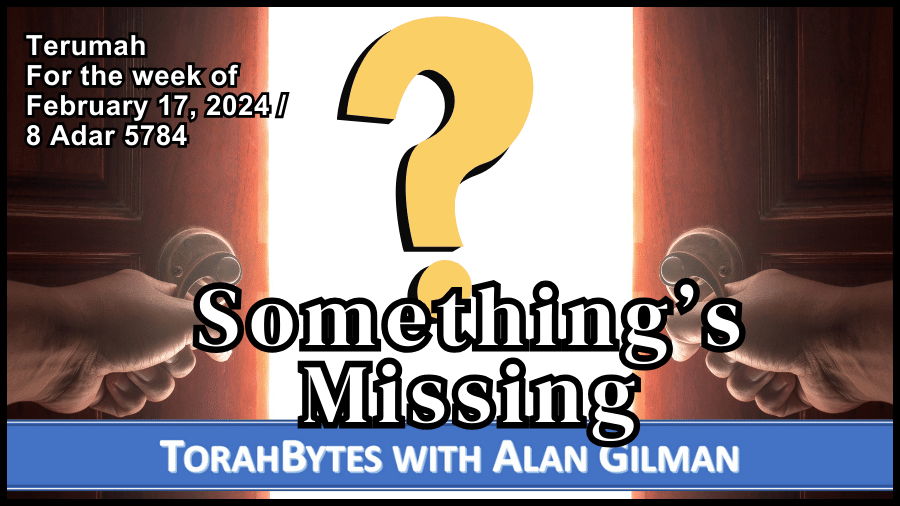
Terumah
Torah: Shemot/Exodus 25:1 – 27:19
Haftarah: 1 Melachim/1 Kings 5:26 – 6:13 (English 5:12 – 6:13)
There I will meet with you, and from above the mercy seat, from between the two cherubim that are on the ark of the testimony, I will speak with you about all that I will give you in commandment for the people of Israel. (Shemot/Exodus 25:22)
We are currently in the section of the Torah that provides instructions for the building of the Mishkan (English: Tabernacle) and its associated items. The Mishkan was a semi-portable worship center for the people of Israel. It was designed to be taken down and moved throughout Israel’s wilderness journey until it would be more or less permanently placed in the Promised Land at the location determined by God.
Calling it a worship center may conjure an inaccurate picture in your mind. Perhaps, “sacrifice center” is better, since its main activity was to be the offering of sacrifices. Yet, for the people of its day, worship and sacrifice were basically the same thing as the people’s service to God (worship means service) was mainly expressed through sacrifice. Gathering for prayer and song would be a development over time. That’s not to say that there weren’t other important aspects to what went on at the Mishkan. It’s that sacrifice was very much core to everything that went on there.
Missing from the Mishkan’s instructions are clear explanations of what its design and various articles mean. This may reflect God’s priorities in that following his instructions is more important than understanding the reasons behind them. That’s not to say that there are no reasons for what God directs here, but perhaps our need to understand shouldn’t be of utmost importance.
This is not to say that the Mishkan is devoid of powerful meaning. First and foremost, the Mishkan was established by God to ensure that the people would not sacrifice to God in any way and in any place they pleased. Beyond that, the curtain that separated the Most Holy Place from the rest of the Mishkan and the outside world illustrated our general alienation from God. Moreover, the atonement cover on the Ark of the Covenant demonstrated the necessity of sacrificial blood to enable us to meet with God. Still, we should be careful not to overly speculate, finding meaning where it isn’t stated or clearly implied.
Perhaps one of the most meaningful aspects of the Mishkan is found in something that is completely missing: an image of God. After all, isn’t that what such a structure was to house? Today we take God’s invisibility for granted. But back then, gods were always represented through images of various kinds. That for all intents and purposes, the Mishkan was empty, was radical.
The missing something—or I should say, “someone”—not only demonstrated the truth that the God of Israel could not be contained, but also, as the Master of the Universe, he is not subject to human control.
It seems to me that God’s immaterial nature as profoundly expressed through his rejection of representative imagery in the Mishkan is an aspect of his person and character that many people have trouble accepting. Note that I am aware that it’s not as if God has no image at all, for that’s a fundamental role of human beings as made in his image and most fully expressed through the Messiah. But while we have these vivid expressions of his image, his invisibility tends to be something many of us try to overcome instead of accept.
We do this in the various ways we attempt to get a handle on life. We constantly try to stay in control in an unpredictable world. We adopt various techniques to provide us with a sense of security. Instead of heeding the biblical call to entrust ourselves to the all-powerful, good, and loving God, we rely on formulas, superstitions, ideologies, affiliations, and psychological gimmicks. We so easily buy into the lie that we can guarantee desired results by our attempts to manipulate the world. And often we do so in God’s name.
Our attempt to replace what’s missing from the Mishkan robs us from truly experiencing God’s presence and power. It’s only as we accept what’s missing that we can discover that, in fact, nothing is missing at all.
All scriptures, English Standard Version (ESV) of the Bible
